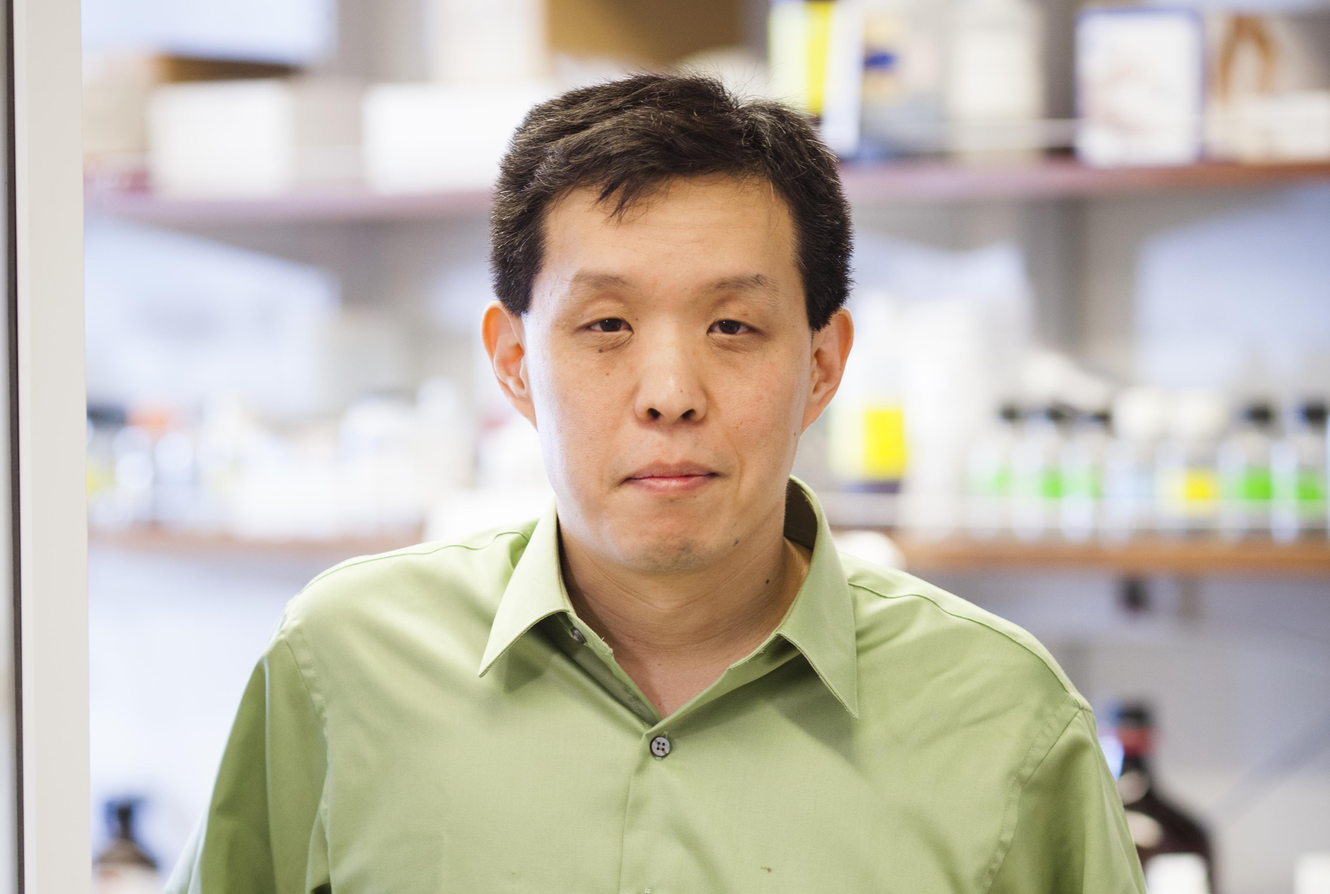Dr. Kyu Rhee, a distinguished physician-scientist currently a professor of medicine in the Division of Infectious Diseases in the Weill Department of Medicine, has been elected to the esteemed Association of American Physicians (AAP).

Dr. Kyu Rhee
Election to the AAP is one of the top honors in health and medicine, recognizing physician-scientists exhibiting excellence in the pursuit of medical knowledge and the advancement of basic or translational science discoveries and their application to clinical medicine.
Dr. Rhee was recognized for his pioneering work in developing new tools to study the biochemistry of tuberculosis (TB), the leading cause of death from bacterial infection worldwide. These technologies enable large-scale studies that reveal the chemical processes and products of cell metabolism, called metabolomics. These tools are guiding pharmaceutical companies as they create new approaches for diagnosing and treating TB.
“TB is a highly contagious yet still largely curable disease,” said Dr. Rhee, who is also a professor of microbiology and immunology at Weill Cornell Medicine. “This discordance highlights the large unmet need for better diagnostic approaches, treatments and access to care, especially in underdeveloped countries.”
Dr. Rhee is currently the principal investigator or co-principal investigator for three major independent research consortia funded by the National Institutes of Health investigating TB transmission, virulence and drug development. For example, he is co-principal investigator of a $5 million grant from the National Institutes of Allergy and Infectious Diseases to establish the Tri-Institutional TB Research Advancement Center (Tri-I TRAC), which aims to expand the number of investigators studying TB and promote multidisciplinary TB research. The Tri-I TRAC includes collaborators at Weill Cornell Medicine, The Rockefeller University and Memorial Sloan Kettering Cancer Center.
“It’s incredibly flattering to receive this honor and a tribute not only to the trainees in my own lab but more broadly to the collegial and collaborative culture at Weill Cornell Medicine and within the Tri-I community that has allowed me to succeed and also to give back,” Dr. Rhee said. “I hope my award highlights the importance of continued work in the field.”
Founded in 1885, the AAP includes about 1,200 active members and 700 emeritus and honorary members from the United States, Canada and other countries. The newest AAP members, 70 in total, were inducted during a ceremony at the organization’s annual meeting on April 22 in Chicago, where they joined others in sharing their scientific discoveries and contributions.

